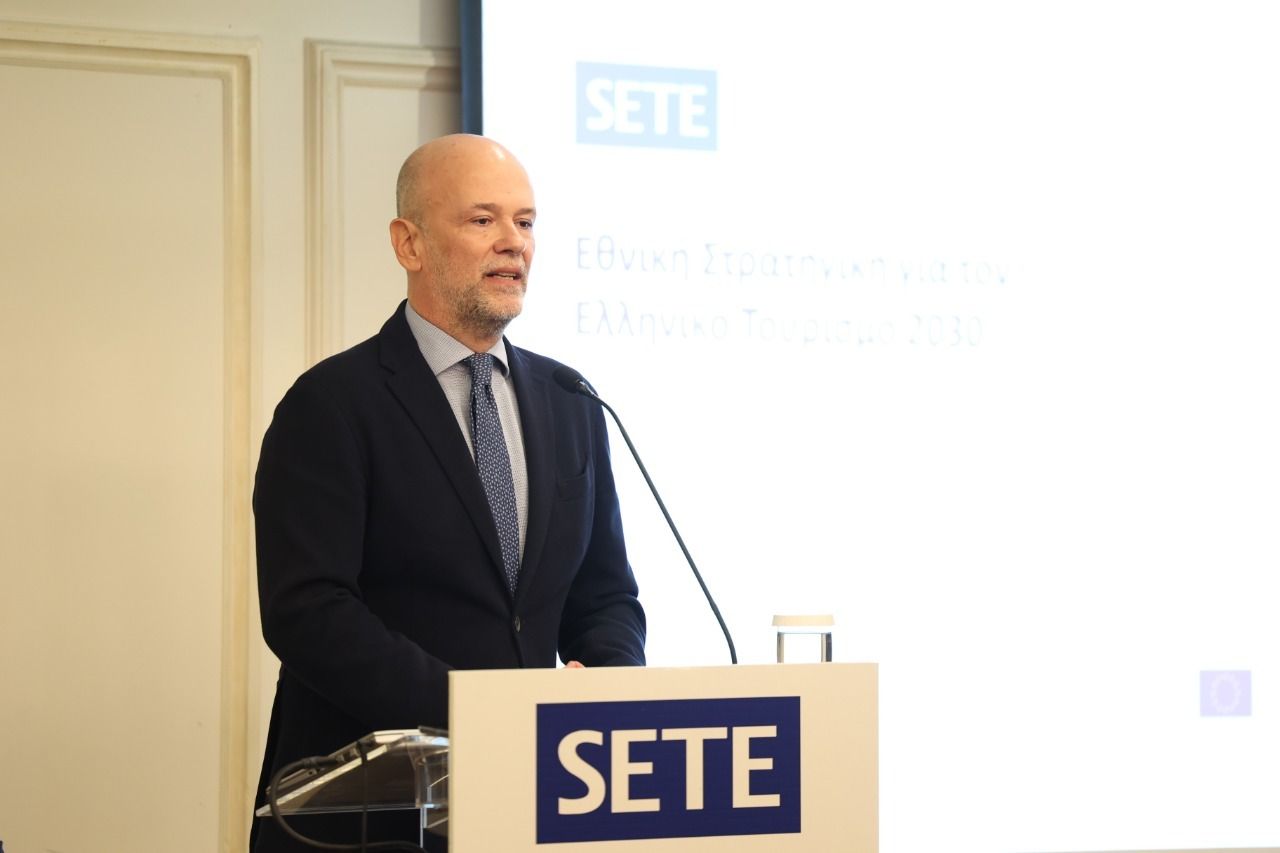SETE Submits Proposals for Regulation of Short-term Rentals
The Greek Tourism Confederation (SETE), representing the majority of Greece’s tourism enterprises, submitted on Thursday a set of proposals first presented in spring aimed at regulating short-term rental activity, and ensuring quality and fair play in hospitality as well as addressing the thorny issue of dwindling long-term rental availability.
In a letter to State Minister Akis Skertsos, Tourism Minister Vassilis Kikilias and Deputy Finance Minister Theodore Skylakakis, SETE President Yiannis Retsos called on the government to introduce a set of special taxes including a municipal tax, a 5 percent withholding tax, setting a cap on properties that can be leased by any single owner, and setting a limit for property rentals based on carrying capacity of each area.
SETE has repeatedly claimed that the current vague framework has allowed unrestricted Airbnb-style activities failing to protect tax-paying accommodation enterprises and distorting healthy market competition.
Proposals
Among others, SETE is proposing that there be a limit to the number of apartments in one single building being rented out as Airbnb-style tourist accommodation. Currently in Athens, entire buildings have been converted into Airbnb-style ‘hotels’, in which case they should be operating under hotel rules, SETE said.
The body also suggests tax deduction only for individual hosts leasing no more than two declared properties and not for entities renting out dozens of properties.
Additionally, the federation proposes short-term rental platforms such as Airbnb withhold a 5 percent tax on the total price of the short-term lease, which will be paid to the state.
And lastly, SETE suggests placing a cap on the number of short-term rental properties allowed in each municipal unit. It also recommends handing over the responsibility to municipal tourist organizations which will define the carrying capacity with decisions approved by the city council.
Last month, Athens Mayor Kostas Bakoyannis agreed on the urgent need to formulate a regulatory framework for short-term rentals, adding that as is the case in the rest of Europe, in Greece too municipal authorities should be responsible for setting limits on short-term rental activity depending on each area’s needs and carrying capacity.
During the “National Strategy for Tourism 2030” event held in October, Tourism Minister Vassilis Kikilias said official letters would be sent to tourist accommodation rental platforms such as Booking.com and Expedia requesting that they adjust their advertising policy concerning hotels and Airbnb-style rentals.
In the meantime, associations representing tourism and relevant sectors in Europe are eagerly expecting a new regulatory framework for short-term rentals, which the European Commission said would be ready by the end of the year.







